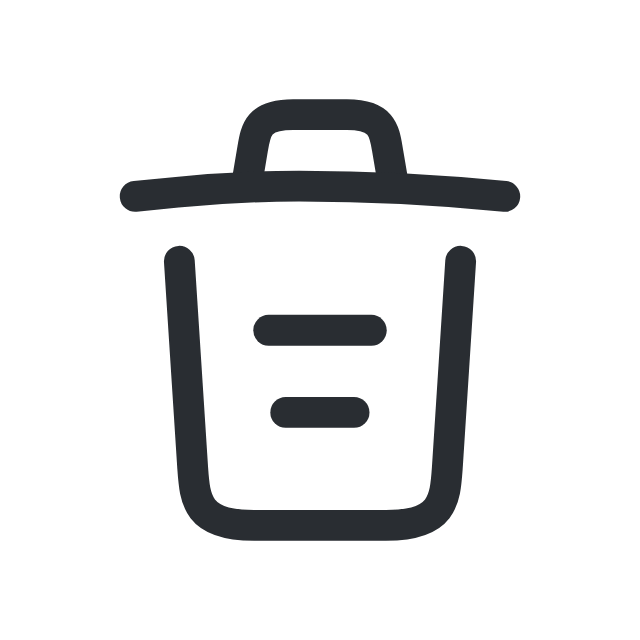What You'll Need to Apply
Once you've selected several schools that interest you, ask the admissions office for application forms and make sure that you:
- Fill them out carefully.
- Look for application instructions in the school's catalog and follow them exactly.
- Make copies of everything you submit.
- Wait two to six weeks for a response to each application.
When you apply for admission to a college, you will need to pull a lot of pieces together:
High School Transcript: Most colleges will require a copy of your high school transcript. You can request this be sent to the college(s) you are interested in through your high school's office or your school counselor.
Application Fee: You might have to pay an application fee (anywhere from $20-$75). If you can't afford it, talk to an admissions counselor at the college to which you are applying. You may be able to get the fee waived.
College Admissions Tests: Most four-year colleges or universities require you to submit ACT or SAT scores. If you apply to a school with open enrollment, you may not need to take the ACT or SAT. Make sure you know test dates, times and locations. Talk with your school counselor about how to sign up for the test.
Letters of Recommendation: Four-year colleges or universities often require letters of recommendation. These recommendations are about what you've accomplished, what kind of potential you have, and why the person writing the letter believes you should be admitted to that college. Recommendation can come from your teachers, coaches, mentors, church leaders, employers and people you've worked with in your community. Recommendation cannot come from relatives.
Application Essay: If you plan on attending a four-year college or universities, you may have to write an application essay. This essay is a way to let a college know the real you. If the essay topic isn't provided, you can choose your own topic. If you need help, talk with a school counselor, teacher or parent.
Interview: If the school is very selective with its admissions process, you may have to schedule an interview. The best interview tip is to relax and be yourself.
Make sure you keep track of your college applications using a college application worksheet.
More Information
Related Pages
Quick Links
- Why College?
- Explore Your Interests & Careers
- Prepare at School
- Summer Academic Enrichment Program
- Earn College Credit in High School
- Recommended High School Classes & Graduation Requirements
- Advice for Students with Disabilities
- Succeed as an Adult Student
- Useful College Prep Resources
- Minnesota Goes to College!
- Get Ready Program Overview
- College Planning Presentation Information
- College Navigator Presentation Request Form
- Minnesota Indian Scholarship Program Outreach
- Competitive Grant Programs
- Dual Training Grant
- Public Engagement Calls
- "Life After Now" Podcast
- Certified Nursing Assistant Training
- Direct Admissions Minnesota
- Collecting Data from Minnesota Postsecondary Institutions
- Campus Financial Aid Administrator Resources
- Statewide Financial Aid Conference
- Campus Student Enrollment Reporting Resources
- Ordering Materials for Your Students
- Supplementing Your College Counseling
- Early Awareness Efforts
- Student Homelessness in Higher Education Resources
- Shared Library Resources
- MN FAFSA Tracker
- Campus Sexual Violence Prevention and Response
- Statewide FAFSA Filing Goal
- Financial Aid Estimator
- Online Applications
- About Financial Aid
- What Does College Cost?
- Tips for Lowering the Cost of Higher Education
- Institutional Payments
- Financial Aid You Don't Repay
- Financial Aid You Must Repay (Student Loans)
- Financial Aid You Earn
- Military Service Education Benefits
- Reduced Out-of-State Tuition Options
- Education Tax Benefits
- New Video Demystifies Paying for College
- Public Service Loan Forgiveness
- Useful Online Resources
- Ready, Set, FAFSA!
- Data Maps and Infographics
- Educational Attainment Goal 2025
- Minnesota Measures
- Minnesota P-20 Statewide Longitudinal Education Data System
- College Readiness & Participation Data
- Student Enrollment Data
- Degrees, Graduation Rates, Attainment & Outcomes
- Financial Aid Data & Trends
- Tuition & Fees Data
- Student Health and Safety
- Institution and Data Search
- Transfer Students
- Research Reports
- A-Z Data Table Index




